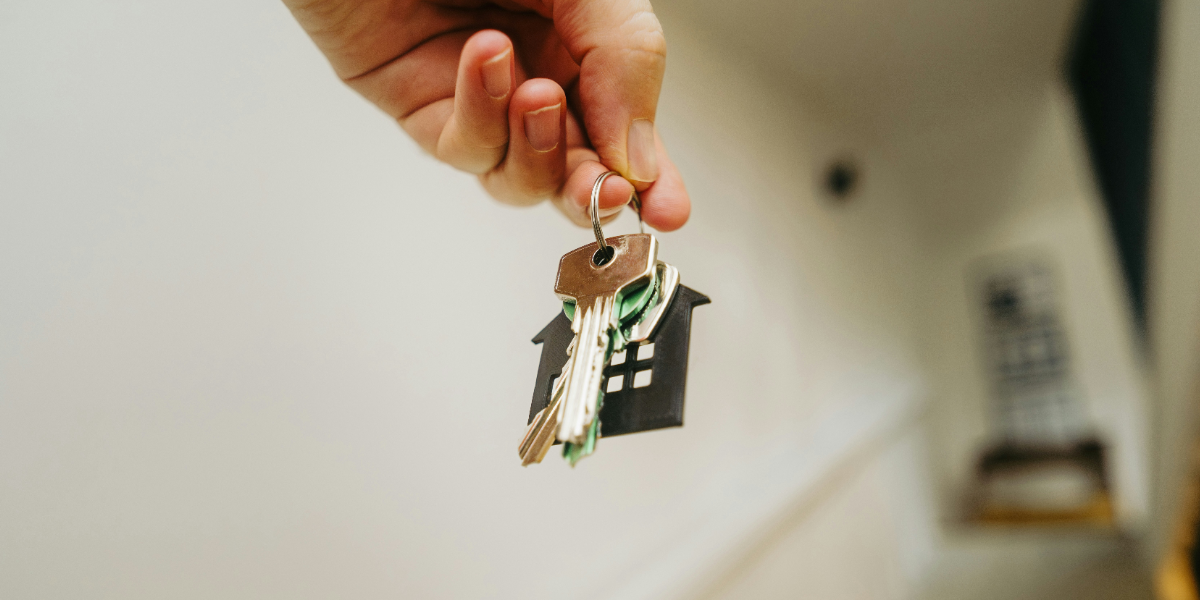
Can I Afford to Buy a House in My 30s? What Millennials Need to Know
For many Filipinos in their late 20s to late 30s, the idea of buying a house feels both exciting and intimidating.
Rising living costs and the desire to maintain a comfortable lifestyle can make the decision harder. On top of that, there’s uncertainty about down payment requirements and whether monthly amortizations are manageable.
So the question remains: can I afford to buy a house at this stage in life? This guide breaks down the financial considerations and planning strategies millennials need to know before buying a house.
Should You Buy a House in Your 30s?
The answer depends on your priorities. Ask yourself:
• Do I have a stable job or source of income?
• Can I pay the down payment without draining my savings?
• Am I ready to commit to a location and long-term payments?
• Will owning a home support my lifestyle and family plans?
If most answers lean toward yes, then you may be ready to buy a home. Your 30s can be the ideal time because this is when your career is stable, you’re thinking long term, and you’re ready to invest in your future.
The Real Cost of Buying a House
Owning a home is a mix of upfront and long-term expenses you need to prepare for. Here are the main costs to keep in mind:
Down Payment
In the Philippines, most developers require a down payment of 10% to 20% of the property’s value. For a ?3 million house, that comes to about ?300,000 to ?600,000. Many projects also let buyers pay in installments, which helps lighten the upfront expense.
Monthly Amortization
Your monthly dues will depend on the loan amount, interest rate, and chosen term. For instance, a ?2.4 million loan at 6.5% interest payable over 20 years would come to about ?15,000 to ?17,000 per month—close to what many millennials already spend on rent in Metro Manila.
Other Costs
Beyond the down payment and amortization, you’ll need to prepare for closing fees, property taxes, and home insurance. These can add up to around 5% to 8% of the property’s value. Factoring them in early helps you set a more realistic budget.
Furnishing and Moving In
After securing a home, you’ll still need to cover the cost of furniture, appliances, and possible renovations. Even modest furnishings can range from ?100,000 to ?300,000, depending on the size and condition of the property.
Maintenance and Repairs
Owning a home also means taking care of it. Unlike renting, you’ll be responsible for repairs. Setting aside at least 1% of your home’s value each year for maintenance is a practical way to stay prepared.
5 Practical Tips to Afford a House in the Philippines
Saving for a house takes planning and discipline. These tips can guide you in making homeownership more achievable.
1. Start Budgeting Now
Track your income and expenses to see what you can set aside for savings and amortization. Many banks recommend that your monthly amortization not exceed 30% of your income.
2. Improve Your Credit Standing
Your repayment history matters. Pay credit cards and bills on time, keep debts manageable, and maintain a good credit standing to improve your chances of loan approval.
3. Explore Different Property Types
Ask yourself: Do you want to live in a condo or a house and lot? Condos offer easier access to city conveniences, but they often come with smaller spaces. A house and lot provide more room and privacy, though it may come with longer commutes.
4. Learn About Home Loans
Learn the basics of what a home loan is. A home loan lets you spread the cost of a property over many years, making property ownership possible even without full cash on hand.
5. Compare Loan Options
Home loans vary depending on the bank. Interest rates, payment terms, and fees are not the same across lenders. With RCBC Home Loans, you get flexible repayment options and fast approvals, making it easier to move from renting to owning your own home.
Take the First Step Toward Homeownership with RCBC
So, should you buy a house in your 30s? For many millennials, the answer is yes—with careful planning and the right financial partner.
Think long term. Instead of pouring years of income into rent, use that same amount to invest in a property you’ll eventually own. With RCBC home loans in the Philippines, achieving this milestone is within reach.
RCBC makes the path to homeownership easier through flexible loan terms that fit your budget, quick approvals that give you peace of mind, and a wide network of partner developers nationwide to provide you with more choices.
Contact RCBC today and start building the future you deserve.

